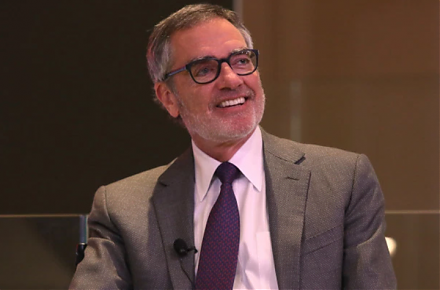

2018-04-17 12:38:00 Tue ET
stock market gold oil stock return s&p 500 asset market stabilization asset price fluctuations stocks bonds currencies commodities funds term spreads credit spreads fair value spreads asset investments
Value investment strategies make investors wiser like water with core fundamental factor analysis. Value investors tend to buy stocks below their intrinsic book values and then wait for them to rebound to fair market values. This old-school investment philosophy echoes the *buy-low-sell-high* mantra of dynamic asset management. Nonetheless, the Russell 1000 Value index now trails the Russell Growth index by 130% in the 9.5-year bull market from late-2008 to mid-2018. Also, the former lags the S%P 500 market benchmark by more than 50%. Stock market valuation blows most conventional benchmarks, and the recent mega-cap tech juggernauts drive most of this outperformance. These tech titans include Facebook, Apple, Microsoft, Google, Amazon, Netflix, and Twitter (FAMGANT).
Some recent quantitative value investment strategies have quietly transformed into smart-beta factor strategies. The latter entail attributing the broad variation in total returns to several fundamental factors such as size, value, momentum, profitability, asset growth, and market risk exposure.
Subtracting multi-beta risk premiums from total returns yields alpha estimates or average excess returns after the econometrician controls for multiple fundamental factors in the smart-beta value investment strategies. On this basis of fundamental risk adjustment, value stocks earn higher *alphas* or average excess returns than their glamor counterparts.
If any of our AYA Analytica financial health memos (FHM), blog posts, ebooks, newsletters, and notifications etc, or any other form of online content curation, involves potential copyright concerns, please feel free to contact us at service@ayafintech.network so that we can remove relevant content in response to any such request within a reasonable time frame.
2019-08-30 11:35:00 Friday ET

The conventional wisdom suggests that chameleons change their skin coloration to camouflage their presence for survival through Darwinian biological evoluti
2020-11-22 11:30:00 Sunday ET

A brief biography of Andy Yeh Andy Yeh is responsible for ensuring maximum sustainable member growth within the Andy Yeh Alpha (AYA) fintech network pla
2018-04-02 07:33:00 Monday ET

China President Xi JinPing tries to ease trade tension between America and China in his presidential address at the annual Boao forum. In his vulnerable att
2018-12-21 11:39:00 Friday ET

The Internet and telecom conglomerate SoftBank Group raises $23 billion in the biggest IPO in Japan. Going public is part of the major corporate move away f
2018-02-23 09:35:00 Friday ET

Warren Buffett releases his annual letter to Berkshire Hathaway shareholders as of February 2018. Buffett discusses Berkshire's core cash ambition, its
2018-11-03 11:36:00 Saturday ET

Apple adds fresh features to its new iPad Pro and MacBook Air in addition to its prior suite of iPhone XS, iPhone XS Max, and iPhone XR back in September 20